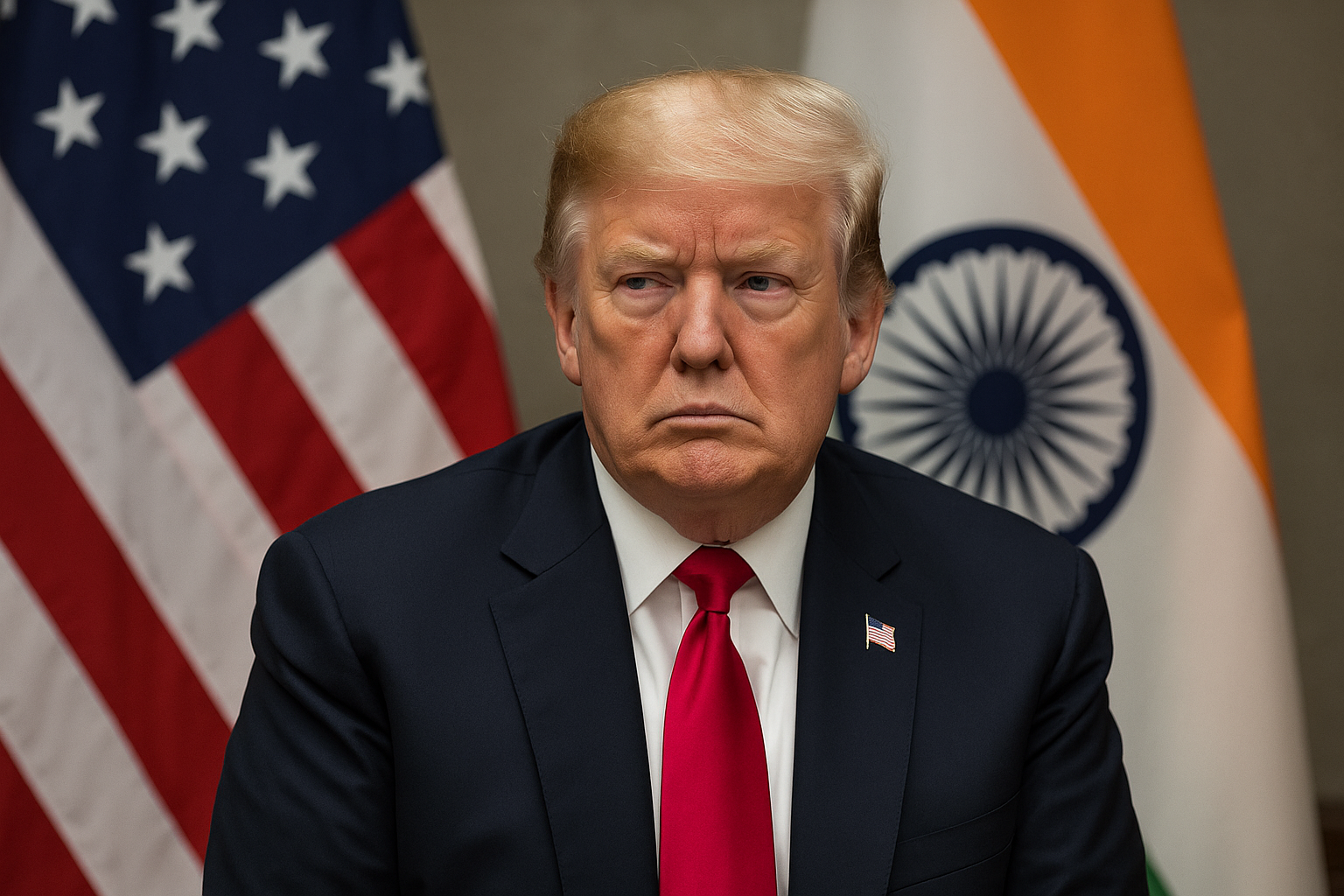
A U.S. court has stopped a set of tariffs (import taxes) announced by former President Donald Trump, saying he went too far in trying to use his emergency powers. The court also dismissed a surprising claim by Trump’s team that these tariffs helped stop a conflict between India and Pakistan.
What Happened?
In April, Trump introduced new taxes on goods coming into the U.S. from countries that sell more to America than they buy, especially targeting China and the European Union. The goal, according to Trump, was to protect American factories and fix trade imbalances. These taxes were called “Liberation Day” tariffs.
But the plan faced heavy criticism and legal challenges from U.S. states and small businesses. They argued the tariffs would hurt them and that Trump didn’t have the power to impose them without approval from Congress.
Why the Court Said No
A special trade court in New York ruled that Trump’s use of emergency powers to create these tariffs was not allowed under U.S. law. The law Trump relied on—called the International Emergency Economic Powers Act—is meant to be used only during serious national emergencies, not for general trade problems.
The judges said that only Congress, not the President, has the power to make big decisions about trade. Giving the President unlimited control over tariffs would break the rules of how government power is supposed to work.
The India-Pakistan Argument
In court, Trump officials said the tariffs were part of a larger strategy to ease global tensions. They claimed that Trump used the tariffs to help bring peace between India and Pakistan after a deadly terror attack in Kashmir in April.
But the judges didn’t accept this explanation. They said the law doesn’t allow tariffs to be used to manage international conflicts unless it’s tied directly to a national emergency that affects the U.S. economy.
What’s Next?
Trump’s team has already said they will appeal the decision. They also warned that blocking the tariffs could affect ongoing trade talks with countries like China, which were expected to wrap up by July 7.
In the meantime, many of the tariffs were already paused earlier in May after they caused financial markets to drop sharply.
Why This Matters
This ruling is a major pushback against how far a president can go without Congress when it comes to trade and economic decisions. It also highlights the limits of using economic tools like tariffs for political or diplomatic goals.
Critics say Trump was trying to use tariffs for more than just fixing trade issues—he was using them as pressure in global politics, which the law doesn’t allow.
In short: The court said Trump can’t set major trade taxes on his own, and it rejected the idea that these tariffs helped stop a conflict between India and Pakistan.



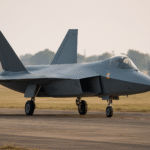
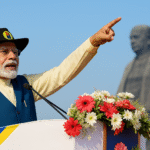

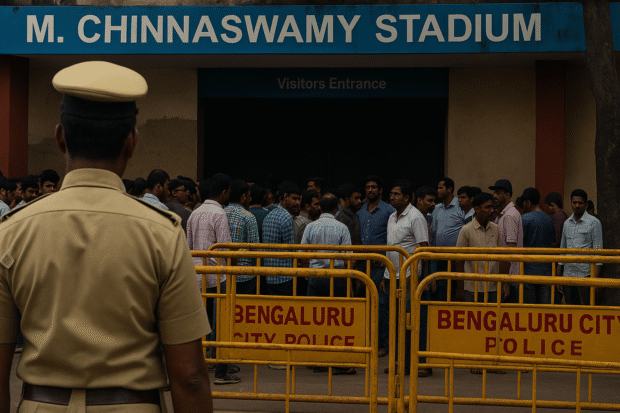
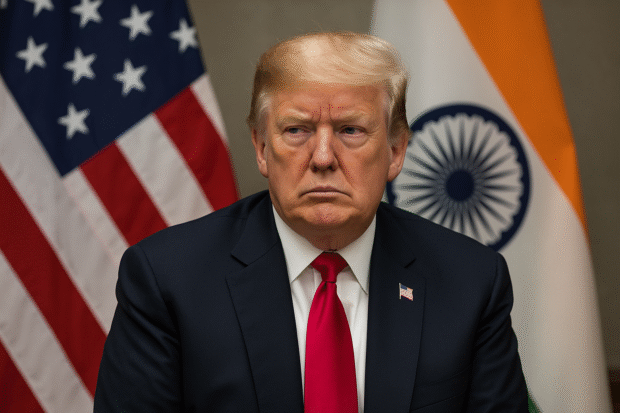
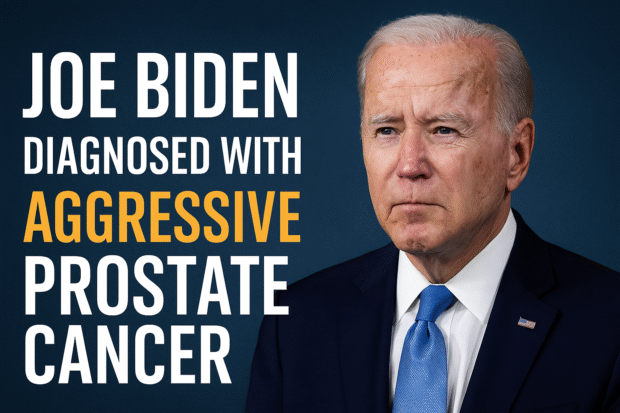
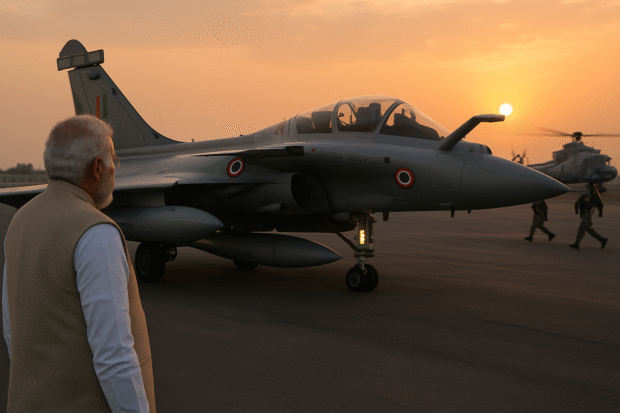
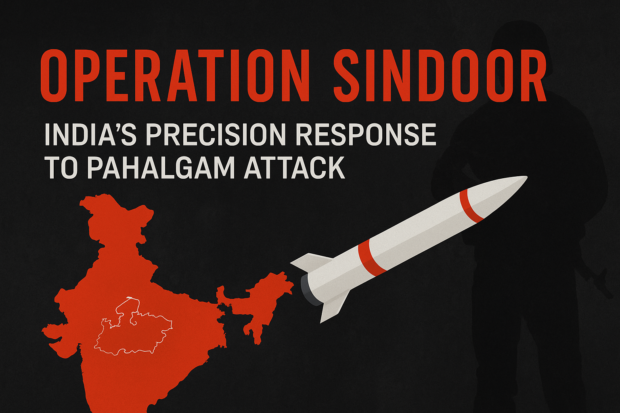
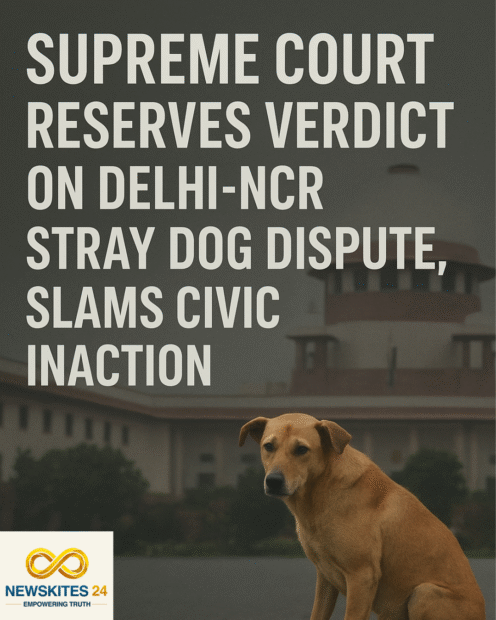


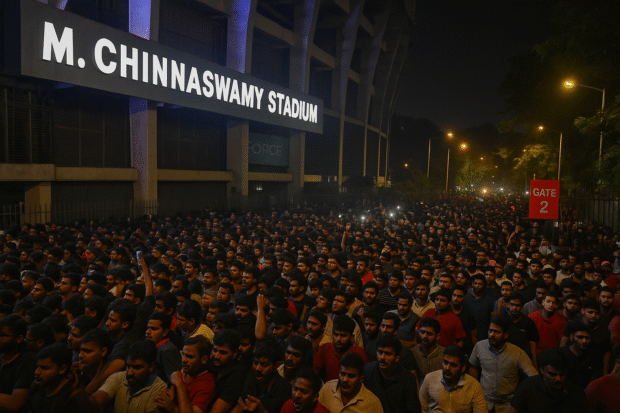

Be the first to leave a comment